Google TV Streamer vs. NVIDIA Shield TV Pro 2019: Two solid streaming options

Mainstream choice
The Google TV Streamer may not be as powerful as the Shield TV Pro, but it touts considerable upgrades over the Chromecast Ultra, making it a great choice if you need a new streaming box. The interface doesn’t have any lag in regular use, it has useful smart home controls, and comes with an HDMI 2.1 port at the back. The best part is the pricing — at $100, it is a terrific value.
For
- Interface doesn’t lag
- Built-in smart home controls and Matter integration
- HDMI 2.1 out
- Great pricing
Against
- Not as powerful as Shield TV Pro
- Doesn’t have as many ports at the back
- No Wi-Fi 6
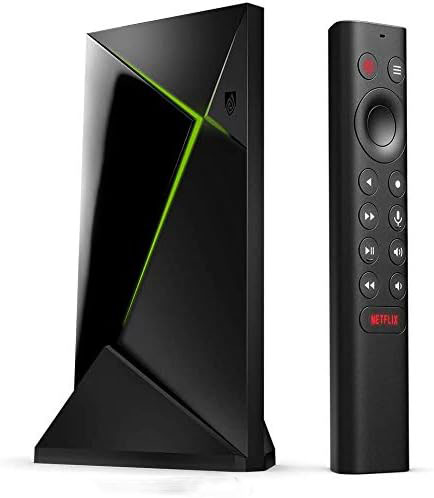
NVIDIA Shield TV Pro 2019
Still the best
I bought three units of the Shield TV Pro 2019, and use the streaming box exclusively in my house. It has the best hardware of any streaming device, and thanks to the generous port selection, you can easily attach external storage. It also has the best AI-assisted upscaling, and if you have SD or older content, it looks great on the Shield TV Pro. As it launched it 2019, it misses out on AV1 decode, but that’s a problem only with YouTube, and even though it’s significantly costlier, the Shield TV Pro is the one I’d pick.
For
- Still the best overall hardware
- Best AI-assisted image upscaling
- Can easily add storage drives
- Regularly gets updates
Against
- No HDR in YouTube videos
- Costlier
Google TV Streamer vs. NVIDIA Shield TV Pro: Design
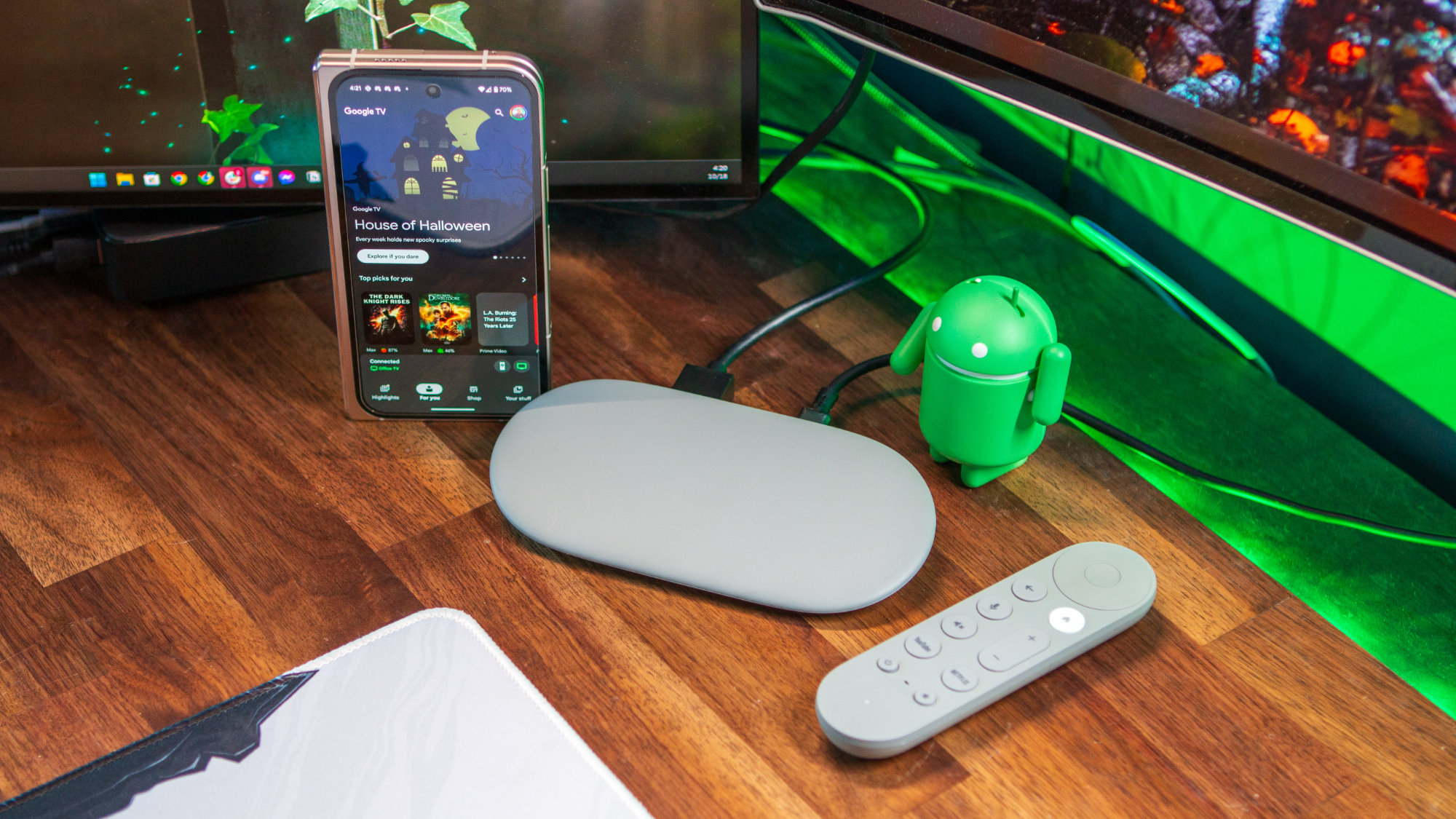
The Google TV Streamer has a design that integrates well with the rest of Google’s smart home portfolio, and while it is no longer a dongle — unlike the Chromecast Ultra — it isn’t ungainly in the least.
The remote has a design that’s similar, and it has the usual buttons — including a customizable button and a dedicated option to launch smart home control. There’s a button at the back of the Google TV Streamer that lets you locate the remote should you lose it.
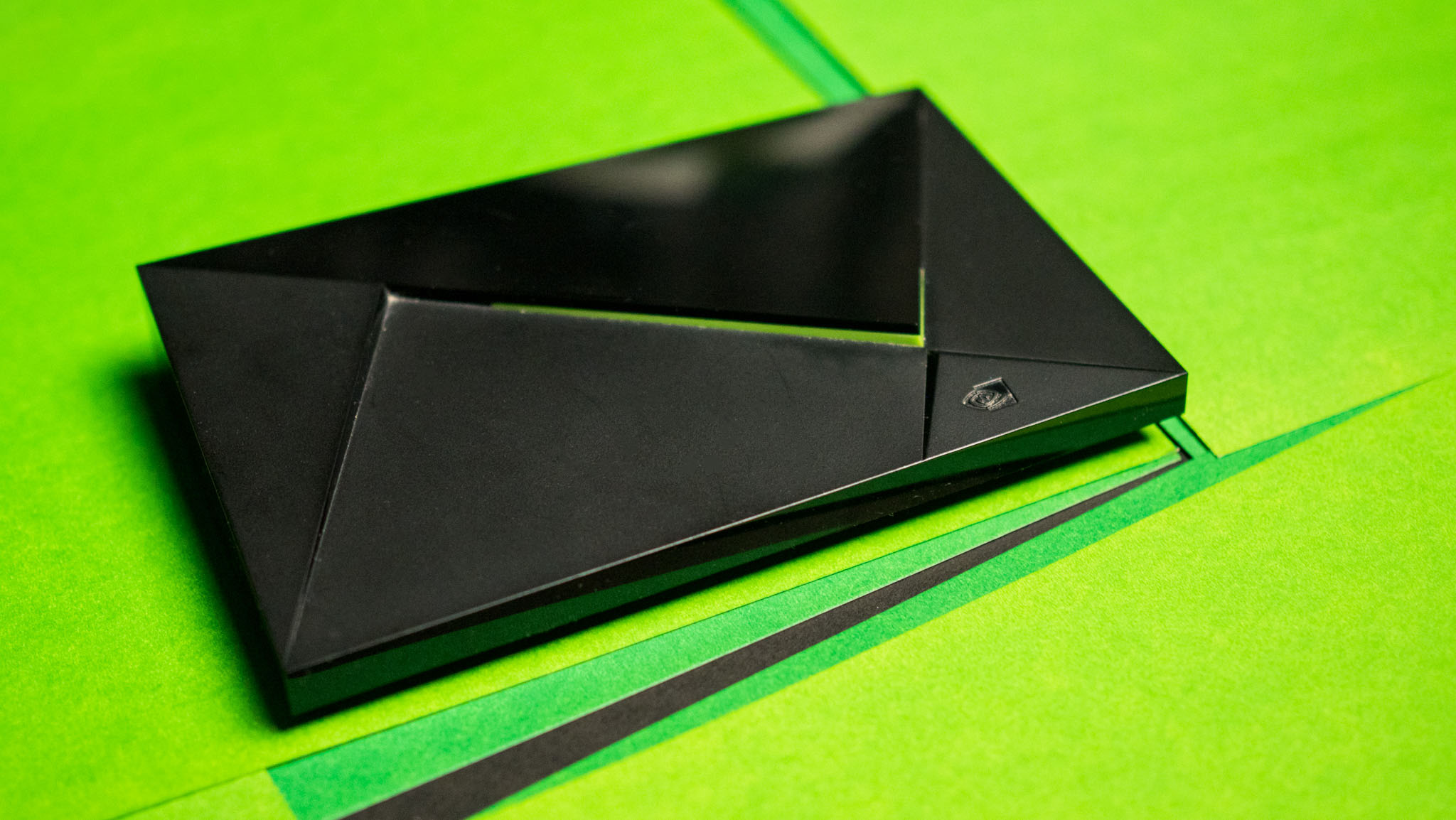
By contrast, the design of the Shield TV Pro is decidedly gamer-focused, and the black-and-green color scheme doesn’t really mesh into the background nearly as well as Google’s product. That said, I like the aggressive design of the Shield TV Pro, and it has LED lighting as well.
I also like the wedge-style Shield TV Pro remote. It has backlit buttons and a great in-hand feel, and it is built to last — the remote took dozens of tumbles in the last five years, and it is still going strong.
Google TV Streamer vs. NVIDIA Shield TV Pro: Software
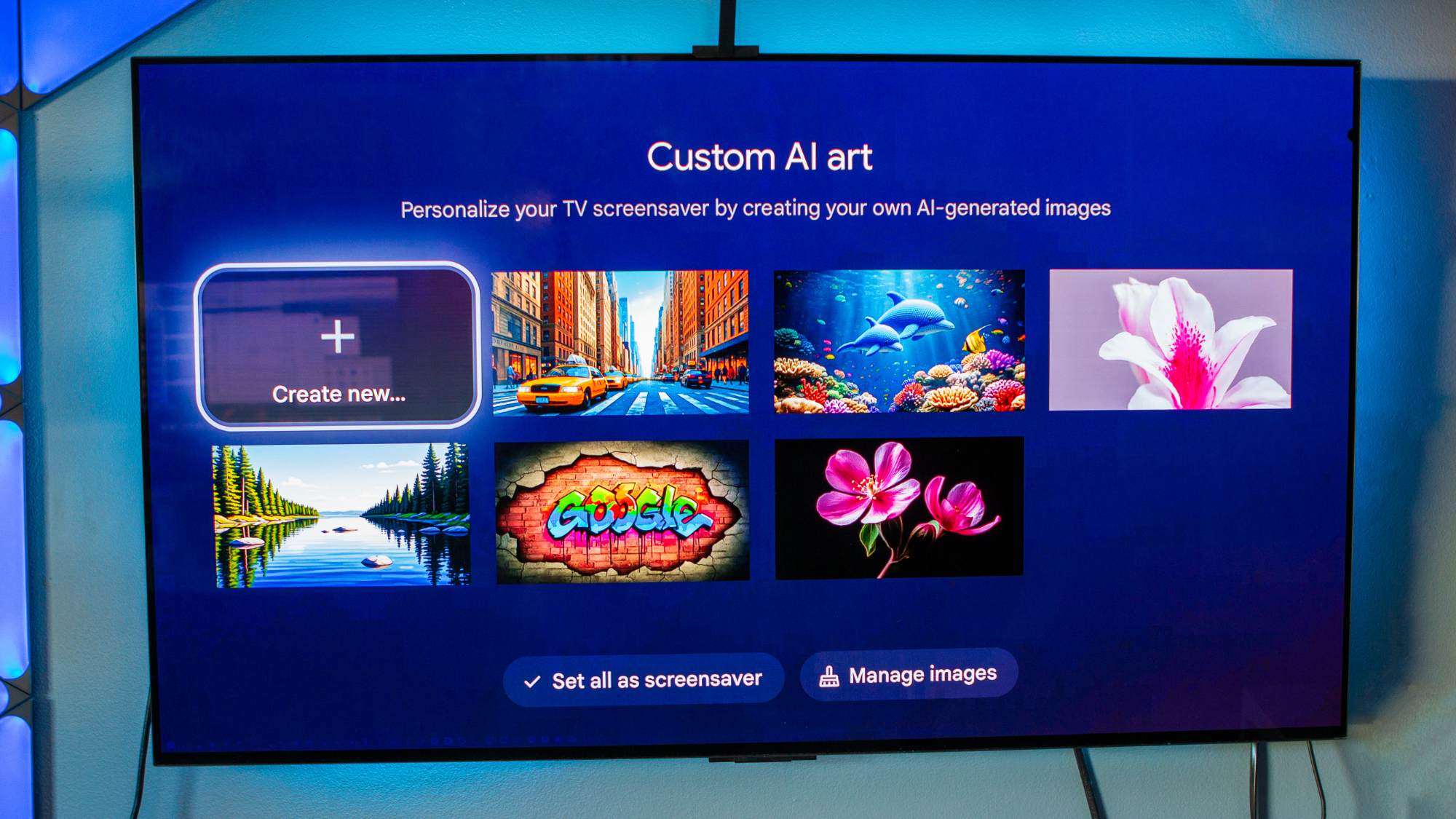
The Google TV Streamer comes with the latest Google TV build, and you get useful extras. There’s a dedicated smart home hub — similar to the Google Home dashboard — that lets you control smart home devices, and view footage from any security cameras.
There are no issues in daily use either; the Google TV Streamer has a smooth interface with no noticeable lag. That’s a big deal in and of itself, because most streaming boxes tend to be laggy at times. Thankfully, that just isn’t an issue here.
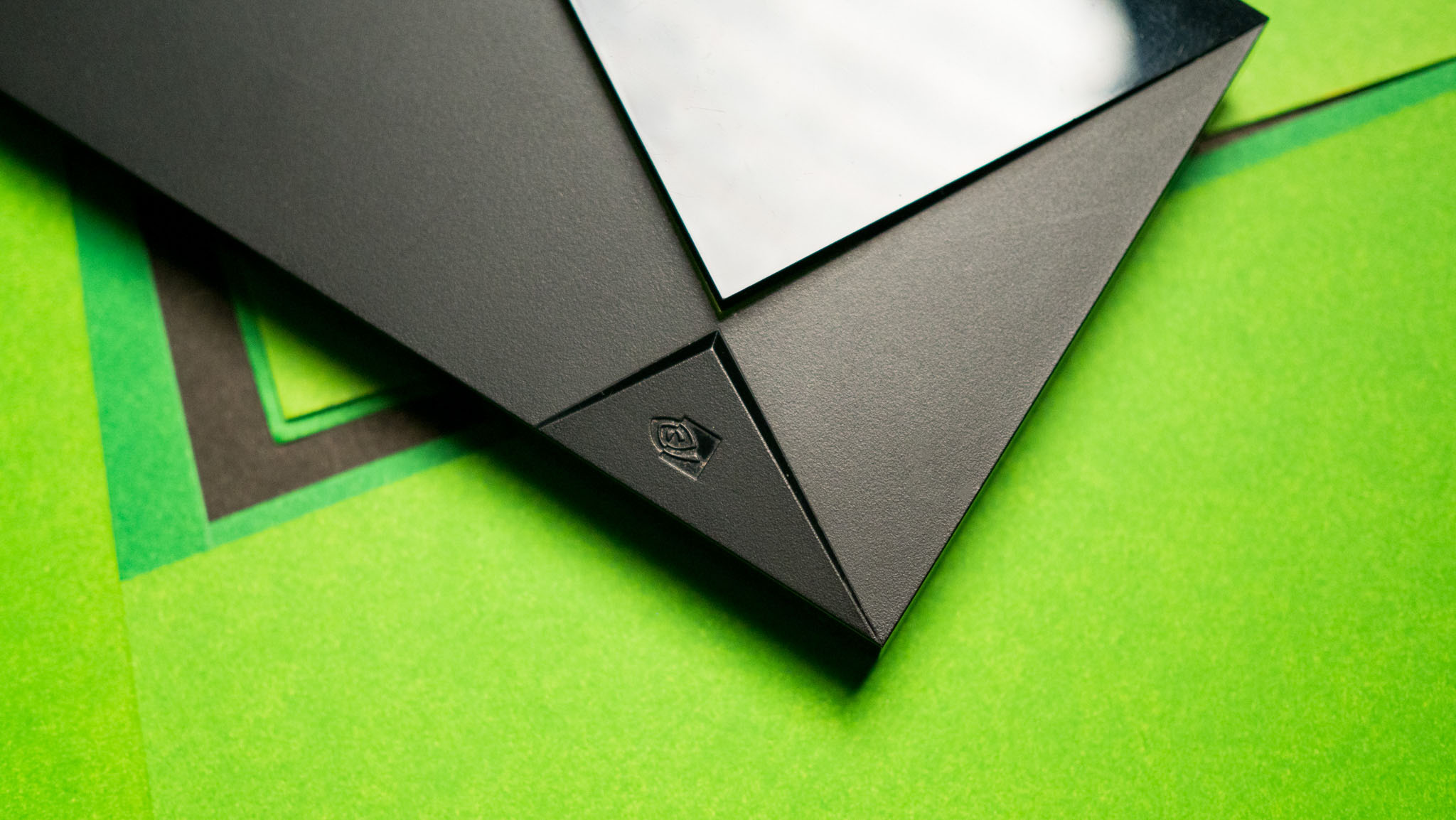
Talking about no lag, the Shield TV Pro continues to set the standard in this category. Even though the hardware is old at this point, there’s absolutely no lag or stutter in regular use, and the device still gets regular software updates with system tweaks.
That said, the Shield TV Pro is still on Android 11, and it isn’t likely to switch to Android 14-based Google TV. I see this as a good thing as it means I get the ability to disable the Google TV interface entirely and use the older Android TV skin, so this isn’t an issue in my own use case.
Google TV Streamer vs. NVIDIA Shield TV Pro: Performance
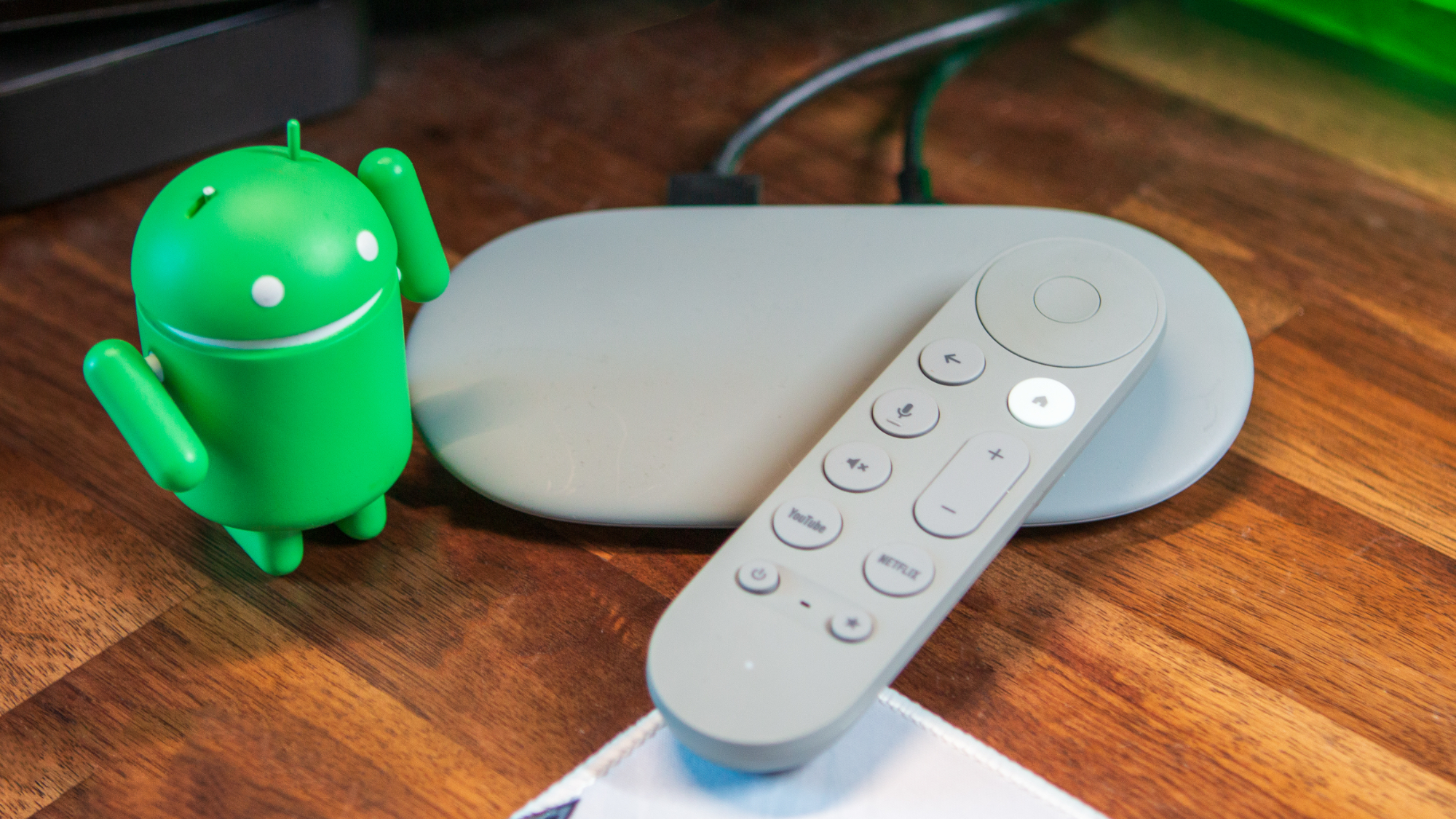
The Google TV Streamer is powered by MediaTek’s MT8696 platform, and it comes with 4GB of RAM and 32GB of storage. The increased memory and storage absolutely make a difference, and it’s great to see Google make the sensible choice in this regard and not shortchange users.
You also get 4K playback with Dolby Vision, HDR10, HDR10+, and HLG. What I like is that the device has an HDMI 2.1 port at the back, and while you don’t get any additional ports other than a USB-C power connector and Ethernet, you can add storage drives by using a USB-C hub.
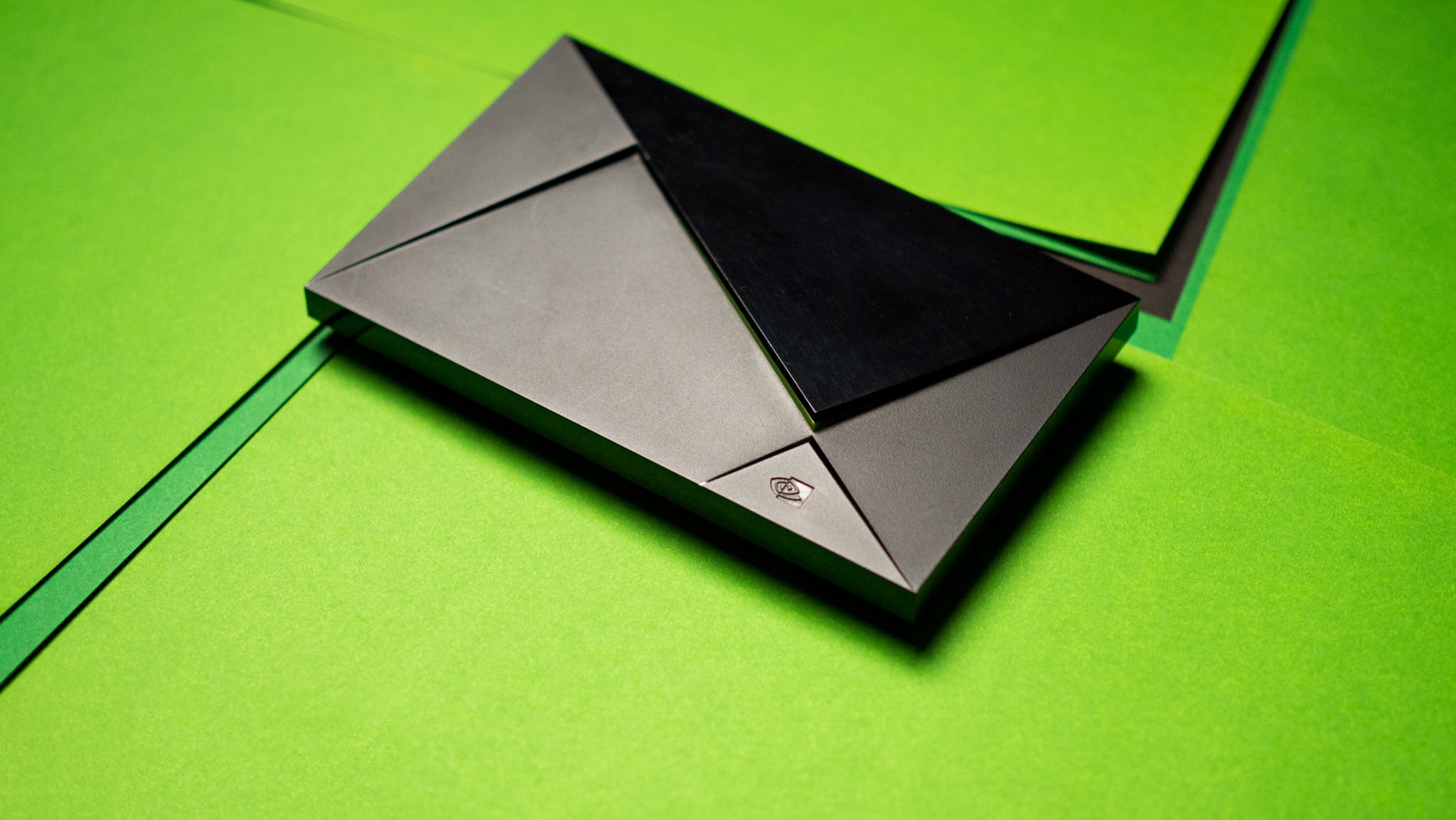
The Shield TV Pro continues to have the best hardware, with the Tegra platform still holding its own. You get two USB-A ports at the back as well, and an SD card slot on the side, so if you need an easy way to connect external storage, the Shield TV Pro is the obvious choice.
While the Google TV Streamer gets a lot right, it doesn’t include Wi-Fi 6, and that’s annoying. It isn’t a huge deal as you still get a reliable signal, but Wi-Fi 6 has inherent advantages with latency and device congestion, and you miss out on those benefits.
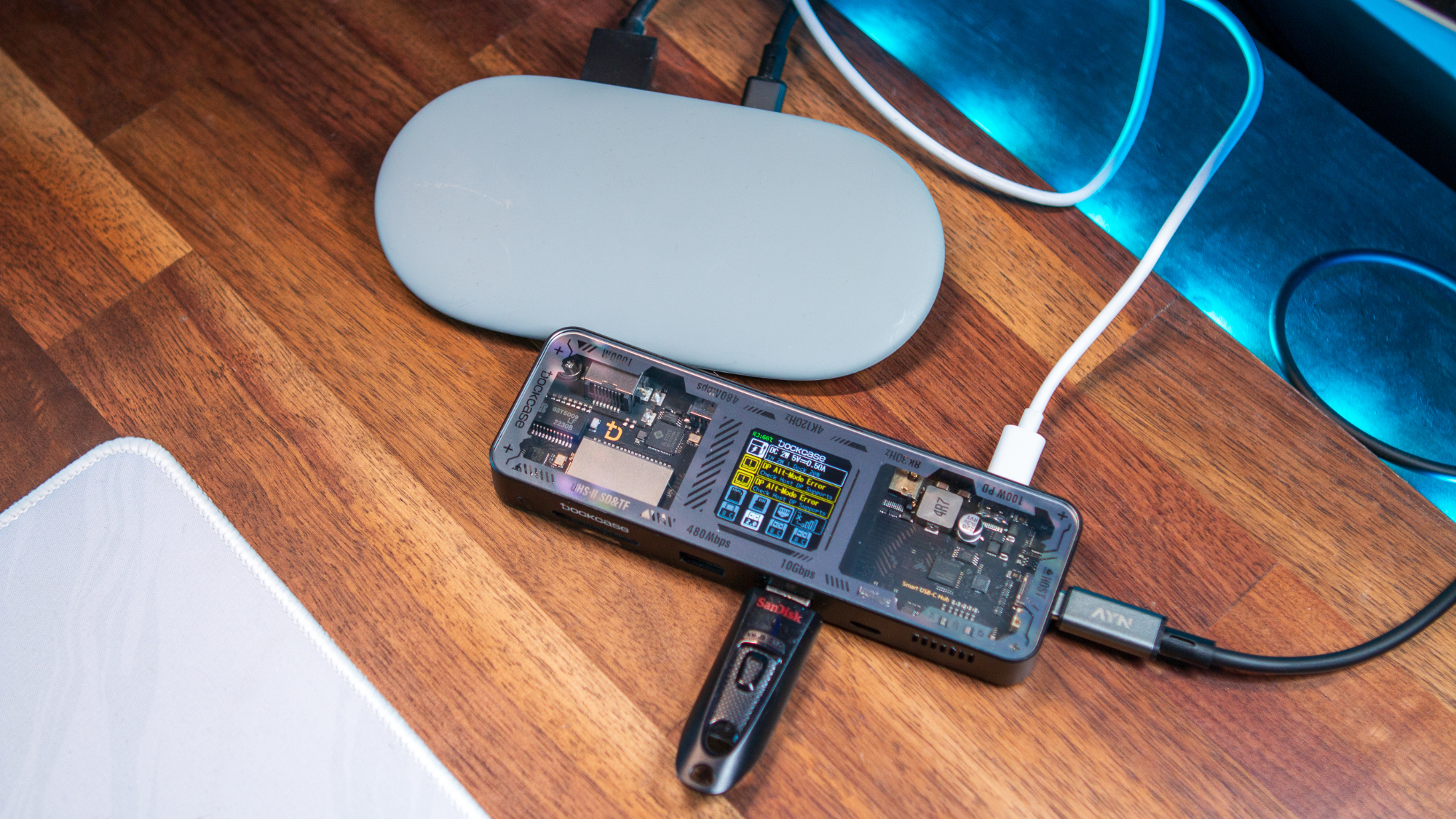
When it comes to daily use, both the Google TV Streamer and Shield TV Pro do a great job. There’s no issue with HDR content or installing utilities like Plex, Kodi, and Jellyfin, and I prefer the Shield TV Pro as it allows me to stream games with relative ease.
The only quibble with the Shield TV Pro is that it doesn’t have AV1, so you don’t get HDR videos in YouTube. This isn’t an issue with other streaming platforms, and as the Google TV Streamer is newer, it has the codec, so you don’t miss out in this regard.
Google TV Streamer vs. NVIDIA Shield TV Pro: Which should you buy?
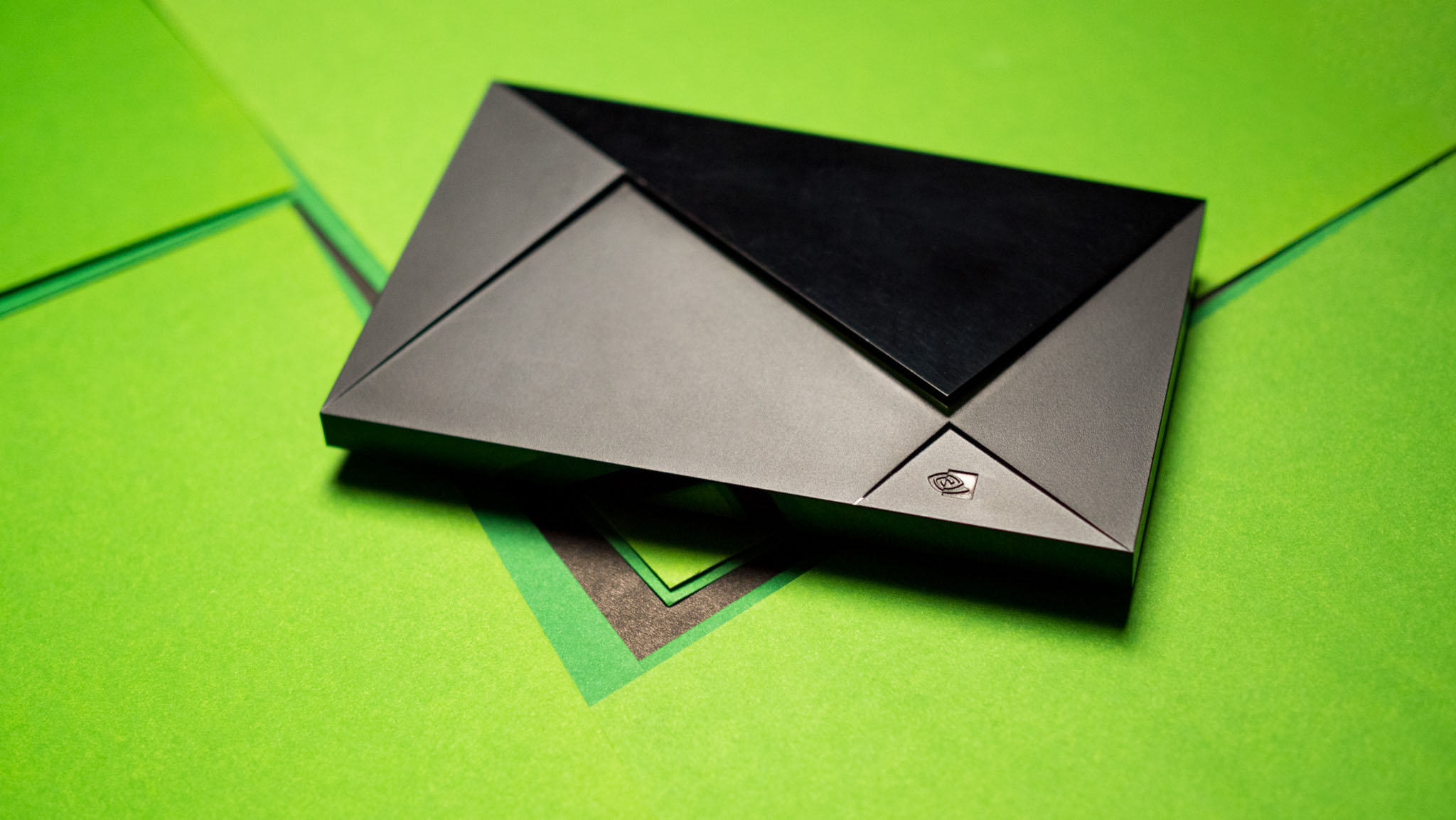
When you look at the $100 price, it’s obvious that the Google TV Streamer is a terrific all-round product. It may not have some of the more advanced options, but as a mainstream Google TV Streamer, it absolutely nails the essentials.
The Shield TV Pro may be older, but it still costs $199, or twice as much as the Google TV Streamer. It has much better hardware, and if I had to pick one, I’d go with the Shield TV Pro — it just does a better job catering to my usage needs. But if you need the best value, the Google TV streamer is almost as good, and that’s an achievement.
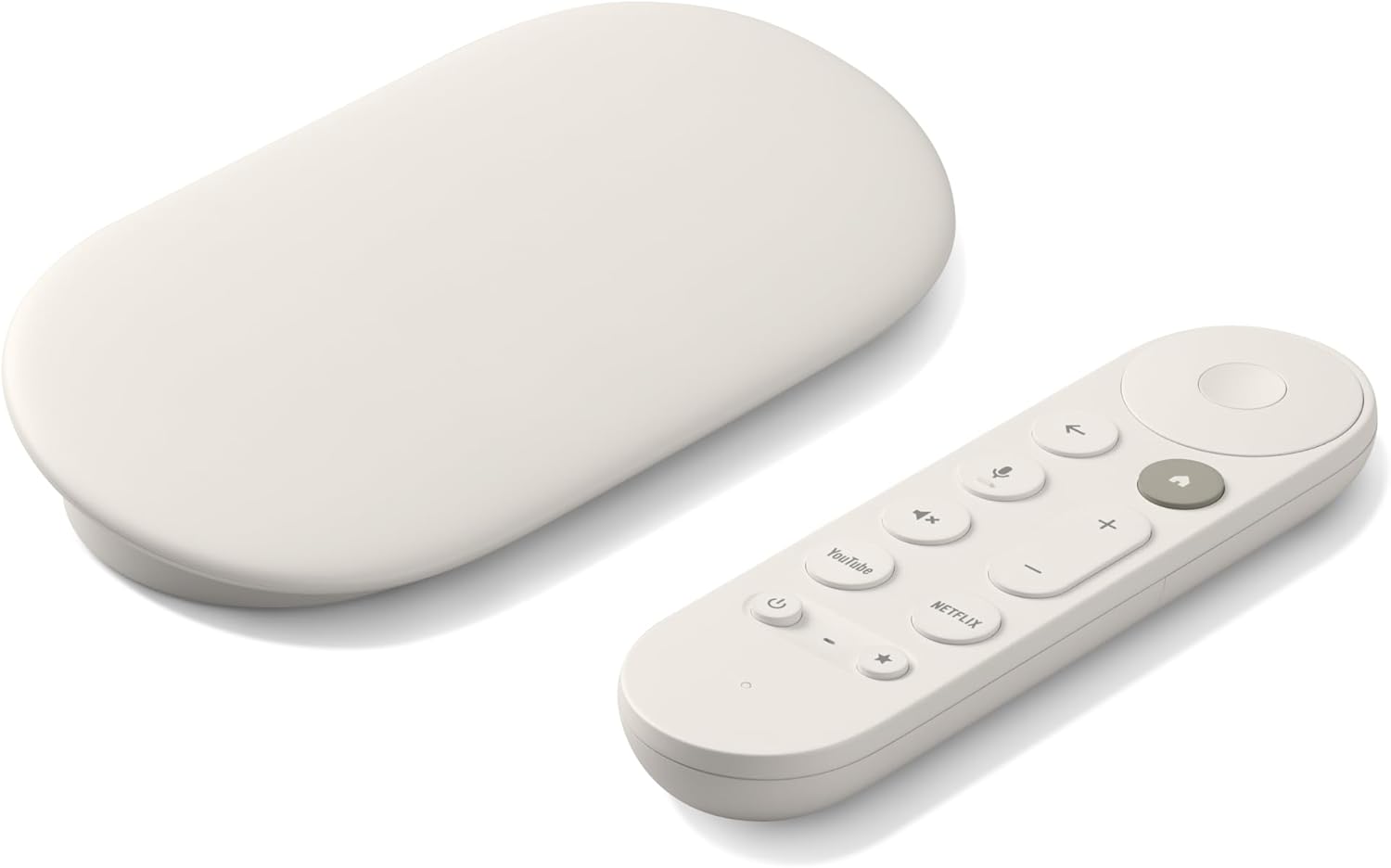
Mainstream choice
The Google TV Streamer is a great choice if you need a reliable streaming solution that doesn’t cost a lot of cash.

NVIDIA Shield TV Pro 2019
Still the best
The Shield TV Pro is still my go-to recommendation if you need a powerful streaming box. It may not have the latest codecs, but it still does a brilliant job in daily use.
Source link




